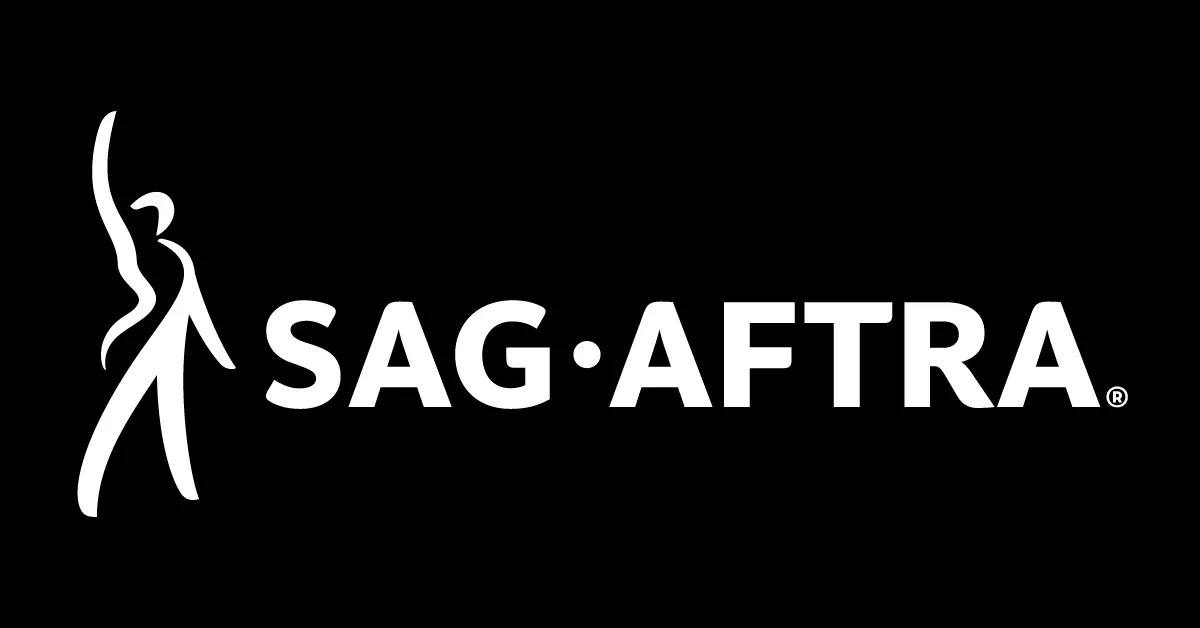The standoff between video game voice actors and major publishers continues, with both sides now publicly sharing their latest proposals. The strike, which began last July over concerns about AI usage and fair compensation, has yet to reach a resolution despite months of negotiations.
Publishers recently described their latest proposal as the best and final offer, emphasizing progress on wage increases but leaving AI protections as the key sticking point. Meanwhile, SAG-AFTRA has countered with its own terms, accusing the companies of misleading the public about negotiations.
Wage Increases Agreed, but AI Remains a Major Issue
Reports indicate that both sides have tentatively agreed to a 24% wage increase over the contract’s duration. However, the debate over generative AI’s role in voice acting remains unresolved. Publishers argue that their offer is fair, while actors demand stronger safeguards against AI replicating their voices without proper compensation.
A spokesperson for the publishers stated they hope the union won’t abandon negotiations when a deal seems within reach. However, SAG-AFTRA fired back, claiming the companies are spreading misinformation and even threatening to outsource work overseas to pressure performers into accepting unfavorable terms.
Negotiations Turn Public as Strike Drags On
The dispute escalated when publishers shared their proposal publicly after receiving SAG-AFTRA’s counteroffer. The union responded by releasing its own terms online, accusing the companies of trying to manipulate public perception.
Performers from major franchises, including Spider-Man, Resident Evil, and Mass Effect, have repeatedly stressed the importance of AI protections, arguing that unchecked use of synthetic voices could undermine their careers. Until an agreement is reached, the strike—now nearing 300 days—shows no signs of ending.
With both sides entrenched in their positions, the gaming industry watches closely to see whether a compromise can finally bring an end to the prolonged conflict.
